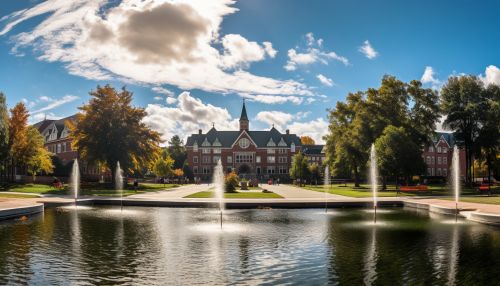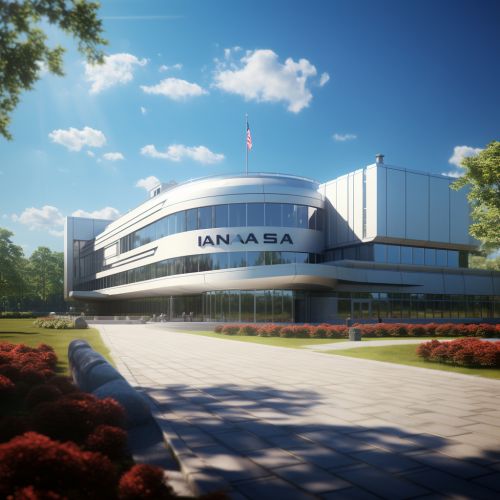Charles L. Bennett
Early Life and Education
Charles L. Bennett was born on November 1956 in Baton Rouge, Louisiana. He developed an interest in physics at an early age, which led him to pursue his undergraduate studies in the same field at the University of Maryland. Bennett graduated with a Bachelor of Science degree in Physics in 1978.


Following his undergraduate studies, Bennett decided to further his education by enrolling in a doctoral program at the Massachusetts Institute of Technology (MIT). At MIT, he worked under the guidance of renowned physicist Alan Guth, focusing his research on the theoretical aspects of cosmology. Bennett completed his Ph.D. in Physics from MIT in 1984.
Career and Research
After completing his Ph.D., Bennett joined the National Aeronautics and Space Administration (NASA) as a postdoctoral fellow. At NASA, he worked on the Cosmic Background Explorer (COBE) project, which aimed to measure the diffuse infrared and cosmic microwave background radiation from the early universe.


In 1992, the COBE team announced their discovery of anisotropies in the cosmic microwave background, providing strong evidence for the Big Bang theory. This discovery was hailed as a significant breakthrough in cosmology, and the COBE team, including Bennett, was awarded the Nobel Prize in Physics in 2006.
Following his work on the COBE project, Bennett joined the faculty of the Johns Hopkins University in 2005, where he currently serves as a Professor of Physics and Astronomy. At Johns Hopkins, Bennett leads the Wilkinson Microwave Anisotropy Probe (WMAP) team, which continues to study the cosmic microwave background radiation.
Contributions to Cosmology
Bennett's contributions to cosmology are extensive and significant. His work on the COBE and WMAP projects has provided crucial insights into the origins and evolution of the universe. The data from these projects have helped to refine the Lambda-CDM model, the current standard model of Big Bang cosmology.
Bennett's research has also contributed to our understanding of dark matter and dark energy, two mysterious components of the universe that are not yet fully understood. Through his work, Bennett has helped to quantify the proportions of ordinary matter, dark matter, and dark energy in the universe.
Awards and Honors
Over the course of his career, Bennett has received numerous awards and honors for his contributions to cosmology. In addition to the Nobel Prize in Physics, he has also received the Gruber Prize in Cosmology in 2012 and the Breakthrough of the Year award from Science magazine in 2003.
Bennett is also a member of several prestigious scientific organizations, including the National Academy of Sciences and the American Physical Society.
